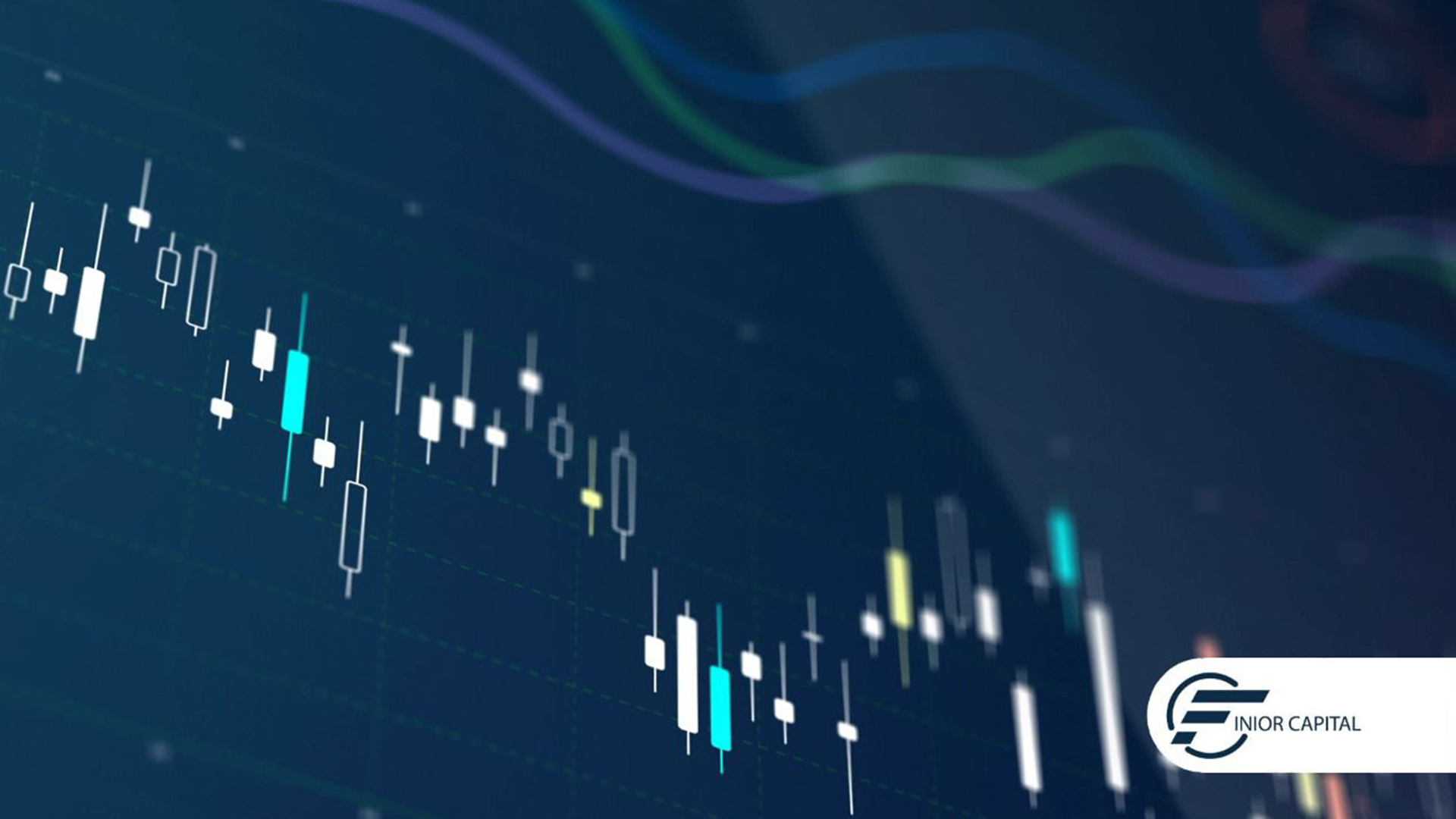
Forex
After US inflation numbers tracked by the PCE (the Fed's preferred indicator) increased by 6.2% in the year to September and by 5.1% YoY when it comes to the Core PCE, the corrective slide in the dollar forced the index to hold below the critical resistance at 114 in October 2022.
Following Liz Truss's resignation, which came after an eventful and extraordinary stint during which her economic policies roiled financial markets, there was some calm among GBP buyers. The tranquility was short-lived, nonetheless, due to the sudden rise in political unrest following Truss's resignation. The pair increased for the week, although this element and the rising US Treasury yields limited its gain.
On hearing that the UK's incoming Prime Minister Rishi Sunak would push out the release of a budget plan from October 31 to mid-November, the Pound Sterling continued its two-day winning streak against the US Dollar, rising more than 1% over its opening price. Additional US economic data also indicates a decline in the property sector, which weakens the USD and helps the GBP. The GBP/USD exchange rate closed at 1.1463 at the end of October.
In the October policy meeting, the ECB raised its key interest rates by 75 basis points (bps). During the press conference, ECB President Christine Lagarde did not provide any details about a potential quantitative tightening move. Although Lagarde noted that they had more to do with policy normalization, she avoided committing to a specific size of a rate hike in December and argued that speculating on the neutral rate was not helpful.
The EUR/USD exchange rate failed to hold above the parity in October. According to HSBC economists, the most traded currency pair in the world is anticipated to test the 0.95 level.
As anticipated, the Bank of Japan (BoJ) maintained its monetary policy with the policy rate at -0.10% and the target yield on 10-year Japanese Government Bonds (JGBs) at plus or minus 25 basis points, or roughly 0.00%.
Fumio Kishida, the prime minister of Japan, had announced further budget stimulus measures totaling 29.1 trillion yen on October 28th. During this month, the Tokyo CPI was 3.5% higher than expected. However, USD/JPY price closed at 148.73 and hinted to rejoin the recent bullish momentum on October 31st.
Commodities
The price of commodities is affected by a dramatic slowdown in the global economy and worries about a forthcoming global recession. However, some energy prices remain high because of ongoing supply disruptions and geopolitical unrest.
Crude oil prices started October and 4Q'22 strong. Still, the subsequent price movement has been affected by concerns about the resumption of the global recession and the anticipated announcement of another Strategic Petroleum Reserve (SPR) release by the Biden administration.
Gold (XAUUSD) price was rejected above 1700 in October and returned near the September low at 1615 following the Overall bearish momentum.
Similar price behavior was seen the month prior, suggesting a bearish trend reversal. Given the current situation, it would be wiser to hold out until the price surpassed $1700, signaling a positive reversal.
Indices
The S&P 500 (Index: SPX) gained 148.31 points, or just under 4%, during the fourth full trading week of October 2022 to close at 3,901.06. The index closed at its highest level since September 14, 2022, and is now 895.50 points below the record-breaking closing of 4,796.56 set on January 3, 2022.
The Nasdaq-100 has gained 0.7% over the last week of October while the Dow Jones has increased 4.6%. And this momentum difference might persist as long as the monetary authorities continue to control inflation rather than driving it higher as they have been doing since 2009.
The FTSE 100 index increased by 227.27 points, resulting a 3.30% overall gain that lead the index hitting 7121.08 in October.
Economic Events
For several of the world's largest economies, October flash PMI data will offer critical insights into the chances of a recession. According to earlier data, global output declined for a second consecutive month in September due to decreasing global demand caused by rising living costs, tightening financial conditions, and growing risk aversion. But this slowdown is also pushing many prices lower, which might fuel expectations that monetary policy won't need to be tightened as much as previously thought.
Updates on the third quarter's GDP are frequently released throughout Europe, particularly for Germany, France, and Spain. Germany's PMIs have indicated poor demand as the country's inflation reached a 70-year high in September, fueling concerns about an impending recession. An estimated 0.7% decrease is expected.
However, the ECB is prepared to raise rates once more to rein in increasing inflation; markets anticipate a 50 bp increase at the very least. A few significant European economies will also update their October inflation rates.
